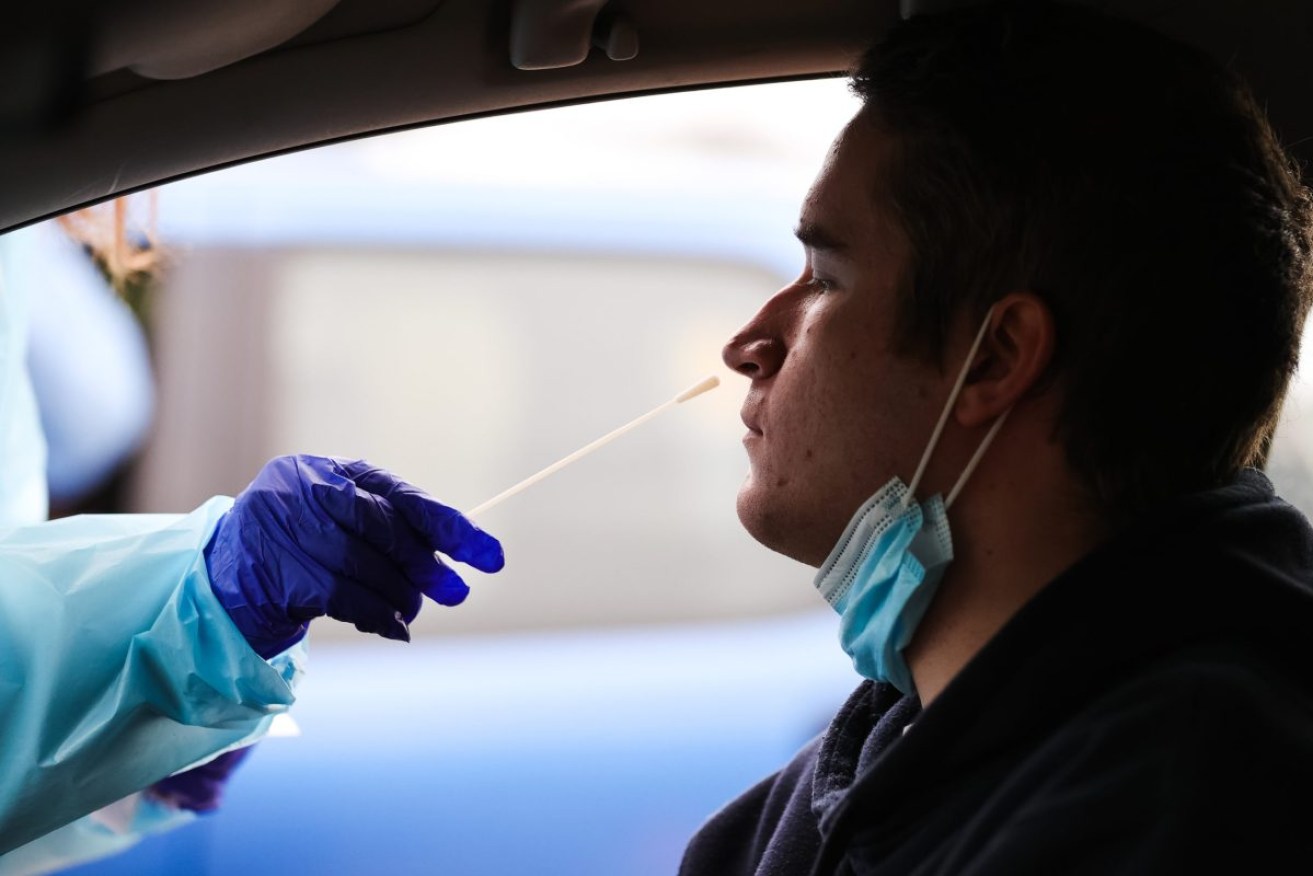Free PCR tests remain for those at risk
Prime Minister Anthony Albanese says people with a heightened risk of COVID will still be able to get PCR tests for free under changes to the national pandemic plan.

Photo: AAP/Con Chronis
Under changes announced yesterday, a referral from a medical or nurse practitioner will be needed in order for patients to receive a free PCR test at locations that aren’t run by a state or territory government.
State or territory-operated PCR clinics will be able to accept patients without referrals, with the government extending 50-50 funding arrangements for jurisdictions choosing to keep the clinics running.
The changes were made as part of a $2.8 billion reworking of the country’s pandemic response plan, which will aim to move away from COVID exceptionalism and treat it like any other respiratory virus.
While the prime minister said there was less demand for PCR tests than at previous heights of the pandemic, those more at risk of the virus would still be able to be tested for free.
“PCR tests, of course will still be very much available to people who are immunocompromised and to people who are vulnerable,” he said.
“What is occurring is that, upon the advice of the health professionals, (we are) gradually moving towards treating this like other respiratory diseases.
“This is just recognising the changes that are occurring over a period of time and we’ll continue to respond.”
Access to antivirals will be provided following a positive PCR or rapid antigen test.
Older Australians, Indigenous people and those with a disability will be prioritised for PCR testing.
Australian Medical Association president Steve Robson said it was important to ensure testing remained accessible for vulnerable people, as well as those who were financially disadvantaged or distant from a doctor.
“So it needs to be watched carefully as it is rolled out next year,” he said.
Robson said the changes were going to come in while a COVID-19 wave was occurring.
“I think at some stage next year, perhaps when we’re not in a wave, it might be a little easier – when vaccination levels are higher and when we know that we’ve got good access to the antiviral medications that vulnerable people need,” he said.
Albanese said there would be increased support that would be targeted at vulnerable communities.
“We’re making sure that we do target those vulnerable areas and we’ll continue to do so,” he said.
The government will also be halving the number of subsidised psychology appointments available to people from next year.
Robson said the mental health changes should also be carefully monitored to ensure the vulnerable were not affected.
Disability advocate Dr Beth O’Brien said it was important to provide broad access to tests.
“While I recognise that the announcement has said that people with disability and other high risk groups will be able to continue to get PCRs, it’s also about the people around us,” she said.
“So when we go to work, we want to know that the people around us have been able to access a test to ensure that they’re not sick.”
-AAP




